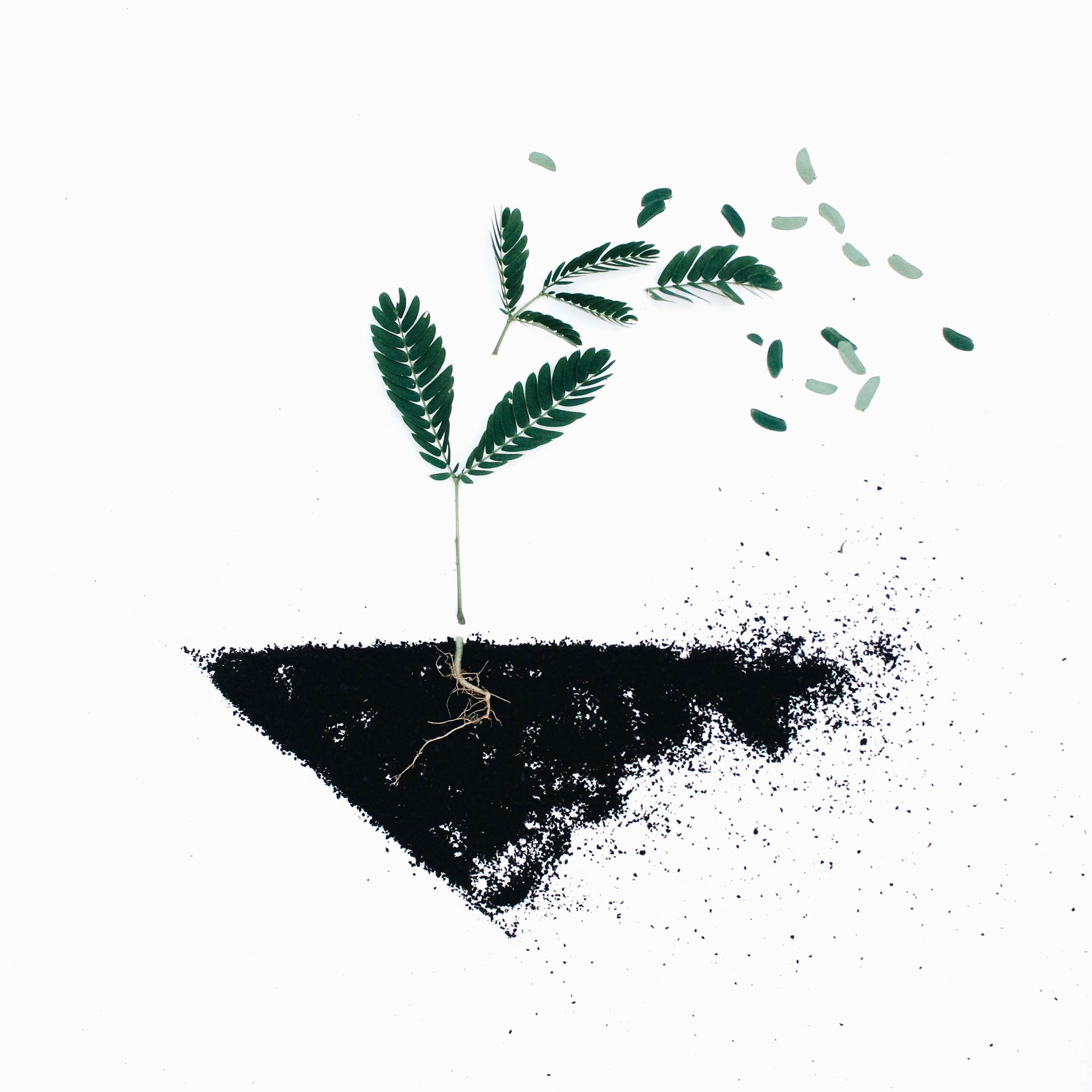Love in Times of Cholera and Other Pandemics
By Alfonsina Betancourt
I was only 19 when I moved from Caracas to Boston. One of my biggest cultural shocks was the difference in personal space. Growing up in Venezuela, I was used to hugging and kissing people, even when meeting them for the first time. Don’t even get me started with my signature back rub! Adapting to the fact that people did not do the same in Massachusetts was really hard. I had to train myself to avoid invading anybody’s personal space, which was at least two feet larger than what I was used to. Three years later, we moved to Connecticut, and it was a relief and, at the same time, eye-opening to realize the personal space here was slightly smaller.
Fast forward to 2020, while we are dealing with the paranoia of COVID-19, we have all been instructed to stop touching, shaking hands, and kissing altogether and to avoid gatherings as much as possible. There is so much fear! We certainly need to take measures to avoid the spread of the disease as much as possible, but I can’t deny that I am even more worried about what it is fostering in our society,
First, how terrible is it to live in fear! It paralyzes us, it kidnaps our thoughts, it keeps us in a constant state of defensiveness. Human nature loves to put a face to enemies, the constant battle of “they” against “us.” In this case, the bad guys have a name, and it’s a microscopic virus that we can’t even see. We don’t even know who is carrying it. It is like being chased by an invisible ghost. The threat can be anywhere, so our response is to retreat. From a health point of view, this seems like a sensible strategy to deal with this pandemic.
What does a situation like this do to our spirits, though? Besides keeping us afraid, it seems that it forces us to do one of the few things we can control: to avoid people. But humans don’t thrive on isolation. On the contrary, there is a reason why solitary confinement is one of the worst tortures. We need people, we need interactions. So, how do we accommodate that in times of forced retreat? Here are my few suggestions:
Let’s calm our fears:
Yes, the virus can be anywhere, so we take health measures: cleaning our hands, don’t touching our faces, don’t meet with people if we are sick, etc. Let’s focus on what we can control, and let’s accept that even then, there are things that escape our prevision. I once heard a Buddhist story that seems like the perfect metaphor for our current living. There was a queen and king who liked to walk barefoot. One day they decided to venture out, and their servants had to cover every surface with leather to avoid them getting hurt. One day, a jester suggested they cover their feet with leather, which was less costly and more effective. We can’t possibly clean every surface and pretend every person follows the recommended measures, but we could do our part, our hands, our places. Not all the terrain will be covered, but our feet - and hands - will be. Let’s accept that is the only thing we can control.
2. Let’s work on our strengths:
Let’s reinforce our immune system, try to control stress, and keep being active and sleeping well so that in case we come in contact with the “enemy,” we are at our strongest. Let’s think with the “glass half-full” mentality. That also means working on our mental strength. Let’s meditate, pray, or whatever helps us to control our anxiety.
3. Let’s find new ways to connect:
if there is a lesson artists learn better than anybody else, how to deal with rejection letters. In the field of subjective work, it does not necessarily matter how hard you work you may still get rejected. How have I learned to deal with it? Besides not taking it personally, I have developed a tactic called the Reverse Karma Strategy. I send one or two more submissions for every rejection letter I get. Like a gift the receiver does not want to accept, I don’t mingle with the rejection other than briefly reflecting on what I could have done differently. I treat rejection letters as a hot potato: I return them to the universe’s hands with a new submission. How does this apply to a pandemic? Let’s find new ways to connect with others. Let’s pray for someone specifically; let’s grab the phone and call somebody; let’s send an instant message to that friend we mean to contact for a while; let’s spend quality time with our family circle; let’s hold a staring contest; let’s write love letters. I can’t accept a “No-Gathering” rule, so if that is my only choice, expect me to send you virtual messages repeatedly. Let’s continue the conversations.
4. Let’s see ourselves as part of something bigger:
We are responsible for our health and those around us, especially the most susceptible. Let’s expand our needs to cover those around us. The global perspective of a situation like the one we are facing is a wake-up call that sooner or later, this will not be “other’s people’s problem”; this is ours as is theirs.
5. Let’s disconnect:
As with political news, sometimes we need to unplug from all of it. We better serve our community by staying sane without panic. It is OK if we don’t hear statistics or check the stock market for a couple of hours. Let’s find our personal oasis.
6. Let’s trust:
There is a lot of pressure for people in power to make decisions, from canceling a long-awaited family vacation to school or conference cancellations. Let’s trust that people make the best choices with the information they have, which in a lot of cases, is based on predictions that could go either way. Let’s be gentle with each other.
6. Let’s adapt:
I am worried about the possibility of having school canceled for a longer period, mostly because I wouldn’t know how to become a happy caretaker 100% of the time. So let’s accept it might not be perfect, it may be chaotic sometimes, and we may want to throw the towel eventually, but the world would keep spinning. As humans, and as much as we resist change, we can adapt to changing circumstances. Let’s become the emotional fittest to survive a crisis. Let’s approach life as a GPS: recalculating. Let’s move with the flow.
7. Let’s realize that every situation offers opportunities to grow:
What can we learn from all of this? How can we be better humans after the crisis passes? We certainly are more health conscious; how can we stop it from making us germaphobic?
I can only hope that our connections find new venues and that one day we realize we survived, as we have survived so many crises. How sad would it be to worry about dying in a pandemic to stop living because of fear? I crave the moment we can hug, kiss again, and gather in big circles and tight spaces. We will, eventually. And if we can’t offer any other remedy, let’s at least offer the only medicine that never expires: love…virtually, at a distance, as powerful darts from our soul.



